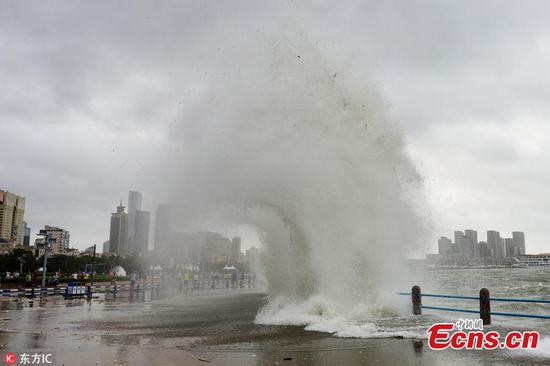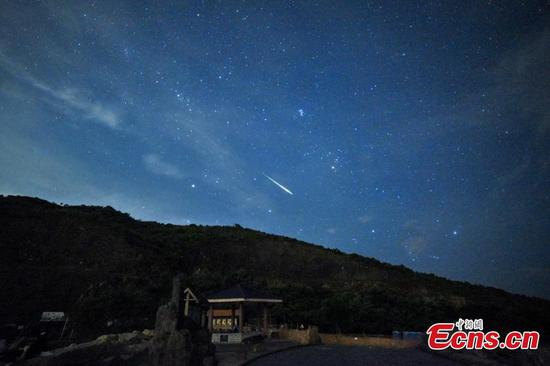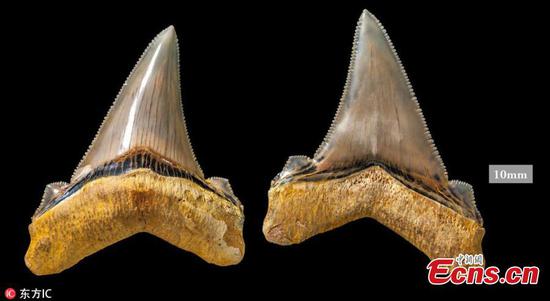(ECNS) -- China will attend the Multidisciplinary Drifting Observatory for the Study of Arctic Climate (MOSAiC) project next year, a large Arctic research expedition by a consortium of international partners, according to the National Marine Environmental Forecasting Center.
Zhang Lin, director of the center's polar region department, said the project uses the German research icebreaker Polarstern as the flagship to study the coupled atmosphere-ice-ocean-ecosystem 50 kilometers around the ship as it drifts with sea ice in the central Arctic.
The MOSAiC expedition will start in September 2019 and last for an entire year until October 2020.
Sun Qizhen, an associate researcher with the department, said the project can help improve climate and sea ice projections and regional weather forecasting.
The center intends to conduct sea mist studies in the Arctic to improve forecasting technology.
A recent article saying that the Arctic Circle hit 32 degrees Celsius went viral on Chinese social media, but Ding Minghu, the department’s associate researcher, said the statement appeared to be slightly misleading, although data does indicate that the rate of temperature rise in the Arctic is twice as high as the global increase.
In the past six years, there have been five years with cold waves associated with Arctic weather events, Ding said.
Researchers said China still lags behind the world’s Arctic research in terms of funding, scientific and technical personnel, and number of papers published.


















































